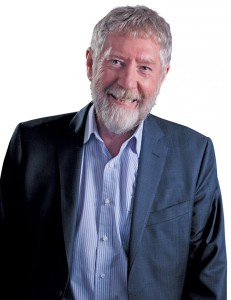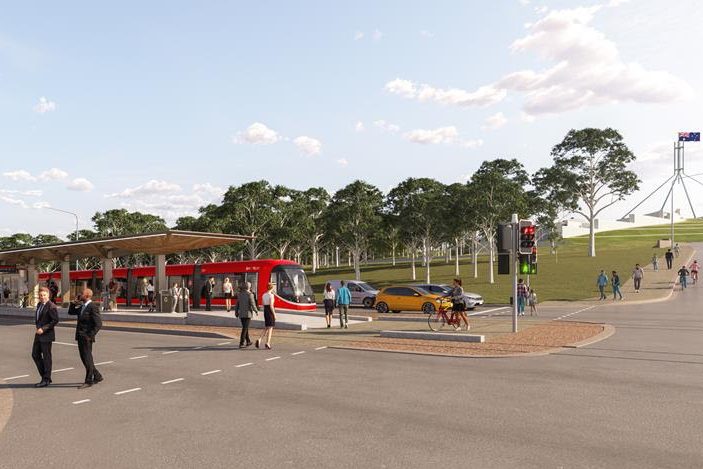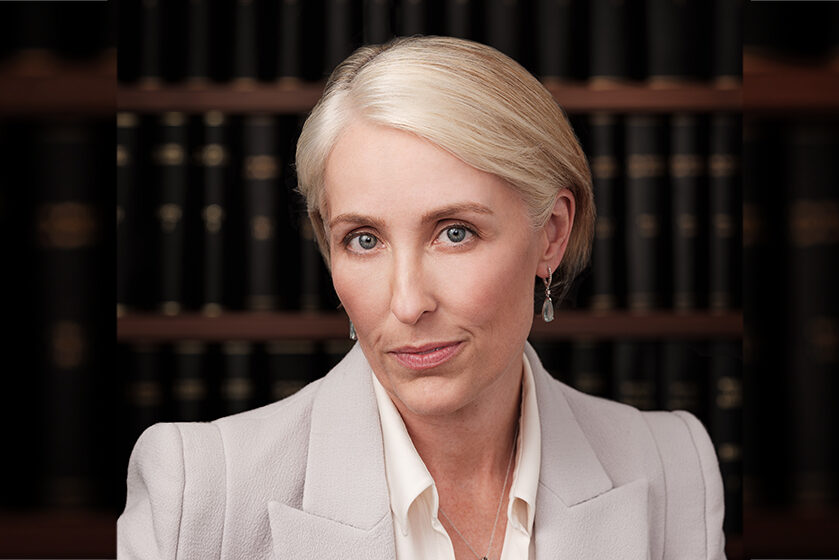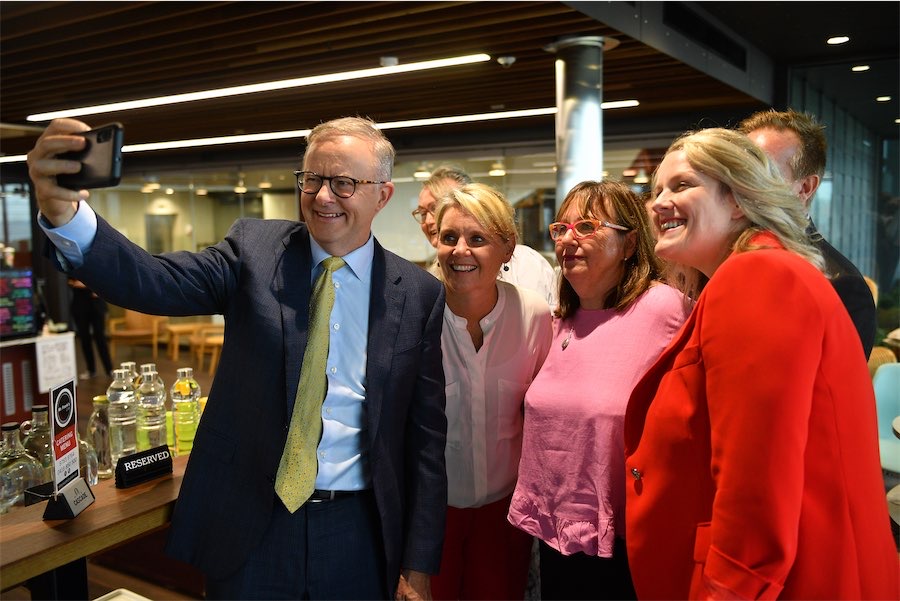WE are being ripped off. Water is yet another community asset being used to line the pockets of a small number of corporations.

Nowhere is it more obvious than in the management of the Murray Darling Basin. Recently, while driving across the Hay Plains between Narrandera to Balranald in NSW, I was struck by the hundreds of kilometres of flood-irrigated crops.
The price signals are simply not doing the job. More strident political decision making is needed. Profiting from huge water-using crops such as cotton and rice may have a place – but only if those making the profit are paying a fair price. There are other irrigated crops in the region that are much less water demanding such as grapes, nuts, stone fruits, citrus and vegetables.
A fair price takes into account social and environmental issues such as salination, the health of the rivers and the impact on communities. And locally is not enough. A fair-pricing mechanism and regulation have to be considered across the length and breadth of the system from the headwaters in the Snowy Mountains or Queensland to the Coorong in SA.
It does take more than price signals. It requires agreement from a series of governments to use their powers to protect the environment and to ensure, through multiple jurisdictional legislation, appropriate distribution to farmers and others throughout the system as well as to the environment. This is the intention of the Murray-Darling Basin Plan. If only it was also the outcome.
Water is a natural resource belonging to all Australians. Fair distribution of water is proving to be one of the great challenges for our nation. How many reports do we need? How many Murray-Darling Commissions until we can get this right? Helen Vivian pointed out in the “Sydney Morning Herald” last year that: “Water is rigorously metered throughout Victoria, nearly 75 per cent of farms in the headwaters of the Darling are unmetered”. NSW “relies on an honesty system”.
It has been a hot year and a particularly hot summer. Millions of dead fish provide an indicator of mismanagement. The facile comment by NSW Premier Gladys Berejiklian was “we cannot control the weather” suggesting they could do nothing about the situation. Years of neglect and failure to fully implement the Murray Darling Basin Plan over the last five years could be a major factor.
No wonder the SA Murray-Darling Basin Royal Commission found that the Murray-Darling Basin Plan was “illegal” with an unsustainable diversion limit. Suggestions to limit or ban cotton farming by independent Senator Rex Patrick provoked a vigorous attack from irrigators. The senator argued that cotton sales are equivalent to exporting 20 per cent of the river system’s water to China and India.
Steve Whan, CEO of the National Irrigators’ Council, accused him of a “ridiculous suggestion” and that it was “more in keeping with a Soviet-style command economy than an outward-looking, modern democracy”.
Whan, a former NSW minister, argued: “Cotton is just one valuable crop grown in the Murray Darling Basin – when water is available. It makes no difference if the water extracted is used for cotton or for tomatoes or hemp.
“What matters is getting the extraction levels right. That is what the Basin Plan is trying to do”.
However, it is not enough. Greed and the search for big profits by large corporations, overrides the interests of Australian taxpayers.
For long-term planning, most of Australia should consider itself in a constant state of drought and enjoy the good years in between. With this sort of an approach there would be a reasonable chance for our nation to have regenerative, sustainable farms. The current approach by many results in recurring demands for drought support. It rubs salt into the wound to see the shearing sheds across the Hay plains falling into disrepair to be replaced by unsustainable farming practices.
Putting yourself in another’s shoes is pretty challenging. The challenge does not seem popular across the Murray-Darling system. Even more challenging is putting yourself in the shoes of the environment.
Michael Moore is a former member of the ACT Legislative Assembly and an independent minister for health. He has been a political columnist with “CityNews” since 2006.
Who can be trusted?
In a world of spin and confusion, there’s never been a more important time to support independent journalism in Canberra.
If you trust our work online and want to enforce the power of independent voices, I invite you to make a small contribution.
Every dollar of support is invested back into our journalism to help keep citynews.com.au strong and free.
Thank you,
Ian Meikle, editor





Leave a Reply